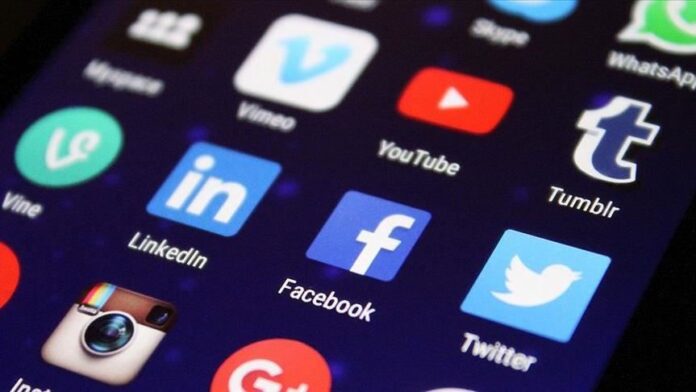
Social media has become a new way of interactions, information sharing, and opinion making. In Pakistan, this transformation is especially important because the number of internet users is increasing rapidly. As of 2023, there are more than 82 million active social media users in the country and social media platforms such as Facebook, X, and Instagram have become the strong pillars of shaping public opinion. However, this influence is not without its drawbacks and dangers, as the unregulated nature of social media can distort perceptions, spread fake news, and amplify polarization.
Social networking sites are very popular in Pakistan, as these have an important role in influencing the society. Social media platforms help politicians, activists, and other influential personalities addressing millions of people without going through the media. This direct communication can be advantageous, as it can provide a more direct line of communication with the public. For instance, during the 2018 General Elections, social media was the most used by political parties to influence voters, post their agendas and interact with the voters. The Pakistan Tehreek e Insaf (PTI) led by Imran Khan was particularly effective in the use of social media to create a narrative of change and reformation which was appealing to the youth and the tech-savvy population of the country.
But the role of social media in Pakistan is not confined to political campaigns only. It also encompasses social causes, that have seen the use of the platforms for creating awareness and stage protests. For instance, the #MeToo movement in Pakistan received a lot of support on social media where victims of sexual harassment were able to come out and fight for justice.
On one hand social, media has brought a revolution in sharing information in Pakistan but on the other hand it has become a hub of fake news, propaganda and hate speech. The problem of fake news and conspiracy theories is becoming more acute, especially in a country, where literacy remains to be low, and critical thinking is not encouraged.
In the political context, social media is being increasingly used to post fake news for influencing the opinion of the people. In the 2018 Elections, there were many cases of fake news being spread with the aim of tarnishing the image of rivals. For instance, the altered pictures and videos of political figures were actively used to influence the population. This has led to the society being divided along the political lines and this division is often informed by fake news or fake information.
In Pakistan, traditional media has been under the Government control and censorship for many years, and people switched to social media for the news. But this has also resulted in a general loss of confidence in all media sources. Since social media has become the go-to source of information for many Pakistanis, it is challenging to distinguish between fake news and real news.
This loss of trust is further magnified by the fact that the social media platforms are mostly uncontrolled in Pakistan. Social media is different from other types of media in the sense that it is not strictly regulated by certain ethnical codes and stringent law. This has led to the spread of extreme content, hatred, and fake news which are very dangerous to the society and the public.
The control of the society through social media has negative impacts on the social and political structure of Pakistan. Disinformation and hate speech can cause actual violence, as evidenced by the protests of the Tehreek-e-Labbaik Pakistan (TLP) in 2020. The TLP is a far-right religious party that actively uses social media to call for people to come out and protest and to share incendiary content.
In addition, social media has played a role in the escalation of social divide in the society of Pakistan. The creation of online bubbles where people are only exposed to opinions, they agree with has made it hard to engage in productive discussions on crucial matters. This polarization is evident in the political arena where people supporting different political parties have taken to the internet to insult and demean each other thus worsening the existing gaps in society.
Considering the influence of social media on the public opinion in Pakistan, it is high time that people of the country used the social media responsibly. This is a responsibility that lies with the individual as well as organizations. PR agencies, for example have a responsibility of ensuring that the information they disseminate is credible, ethical and relevant to the public good.
Also, the general public requires enhanced media literacy. Ensuring that people are aware of how to assess the information they come across on the internet is a way of dealing with fake news. The Government also has a responsibility of moderating social media to ensure that it does not allow the posting of contents which are harmful to the public while at the same time, it should not limit the freedom of speech.
Social media has now emerged as one of the most influential tools in influencing the society in Pakistan. On the one hand, it opens up possibilities for increased interaction and the spread of knowledge to the masses, on the other hand, it presents certain threats. The uncontrolled influence of social media can mislead people, deceive them, and exacerbate the existing social rifts. While Pakistan still struggles with these issues, it is important to encourage responsible use of social media and work on ways to counter the effects on people’s perception. In this way, social media can be used for positive purposes and not as a tool that will cause more harm than good.

